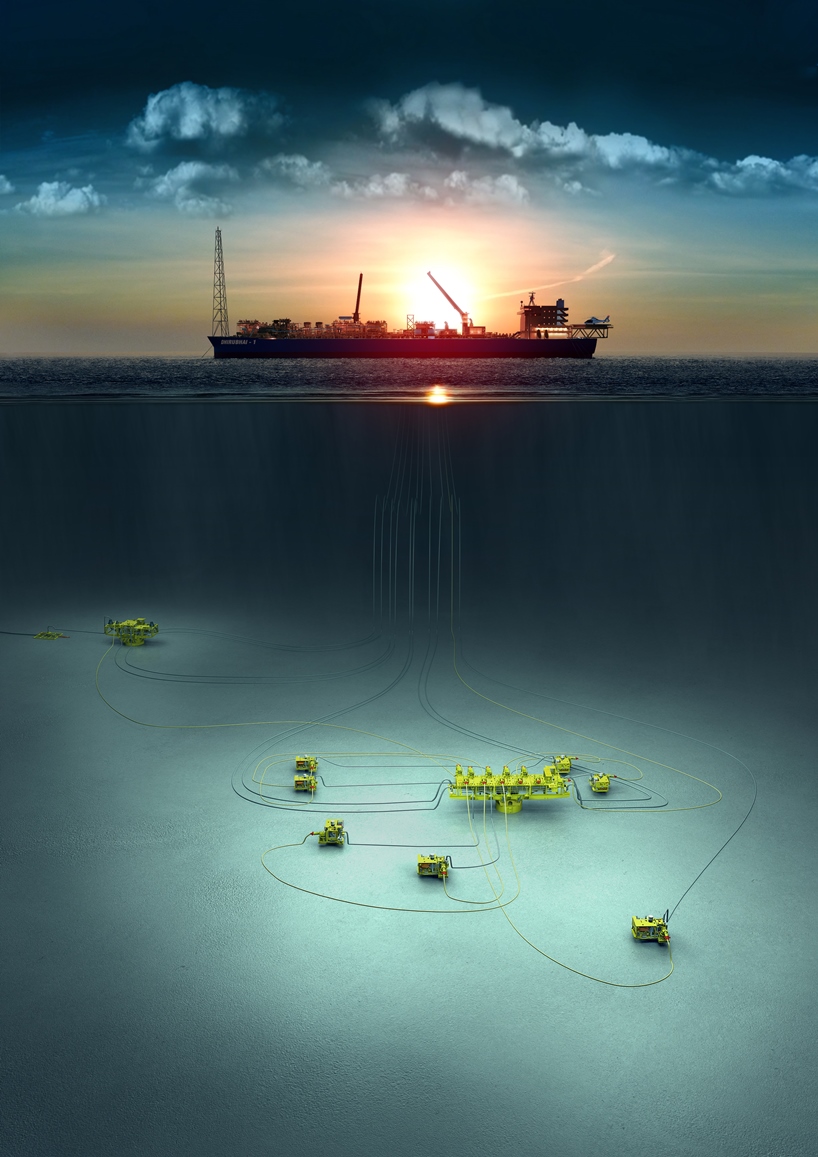Research at SUBPRO
Research at SUBPRO
The Norwegian oil and gas industry is in the forefront with respect to development of subsea oil and gas fields, but new and innovative solutions are still required to be able to increase the recovery from existing fields, enable developments of new and more demanding oil and gas fields and to reduce the cost and complexity of subsea field developments.
Research areas
- Field Architecture
- RAMS - Reliability, Availability, Maintenance and Safety
- Separation - Fluid Characterization
- Separation - Process Concepts
- System Control
Sub-projects by research area
Separation - Fluid Characterization
- Produced water quality and injectivity
- Influence of production and EOR chemicals on produced water quality
- Wax deposition
- Sequential separation
- Modelling of coalescence
- Re-inj. of prod. water – disp. in porous media
- Gas flotation for subsea produced water treatment
- Flow improvers for waxy crudes
- Multiphase Separation and Transport Model Library
Separation - Process Concepts
- Membranes for gas dehydration
- Membrane testing for gas dehydration
- Natural gas dehydration with the use of membranes
- H2S and hydrate control
- Characterization of particle breakup
- Experiments on fluid particle breakage
- Mechanistic modeling of droplet breakage
- Compact separation concepts
- Subsea bulk oil‐water separation
System Control
- Dynamic simulation model library
- Modelling for control of subsea processes
- Process control algorithms
- Adaptive control of subsea processes
- Estimation of un-measured variables
- Enhanced virtual flow metering
- Control for extending component life
- Production optimization
- Energy-optimal subsea production and processing
- Experimental validation of methods - Remaining Useful Life (RUL)
- Field-wide production optimization
- Calibration of digital twins
- High-accuracy virtual flow metering with machine learning and first principles models
Publications

